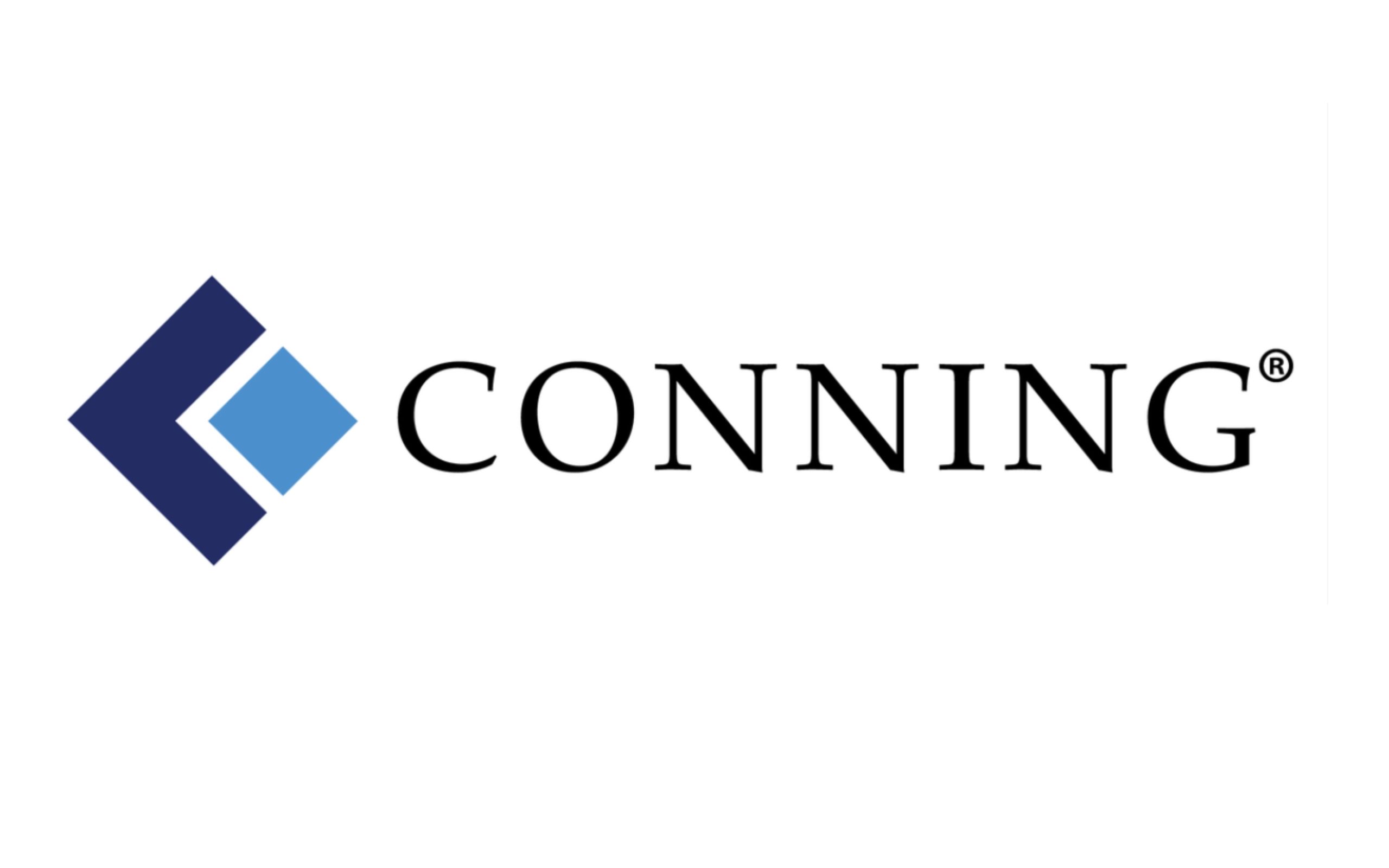AI Adoption amidst a dynamic landscape of technological evolution, the insurance industry is experiencing a pronounced surge in the adoption of artificial intelligence (AI), as revealed by a recent executive survey conducted by Conning Insurance Research.
Rapid adoption rate
An overwhelming 77% of respondents disclosed their engagement in various stages of AI integration within their operational frameworks. This striking figure marks a substantial escalation of 16 percentage points from the preceding year’s statistics, signifying a rapid acceleration in the incorporation of AI technologies.
Manu Mazumdar, the Director and Head of Data Analytics, Insurance Technology, and Retirement at Conning Insurance Research, elucidates the motivations driving this pronounced shift. Mazumdar emphasizes the industry’s fervent pursuit of enhanced efficiency, customer satisfaction, and distributor contentment as primary drivers propelling insurers toward the adoption of innovative AI applications.
Unprecedented data access and management
Scott Hawkins, Managing Director and Head of Insurance Research at Conning, underscores the unprecedented access to vast and diverse datasets as a pivotal factor underpinning the surge in AI adoption. With AI emerging as an indispensable tool in effectively managing and deriving insights from this wealth of data, insurers are strategically leveraging technological advancements to reshape their operational landscapes.
In addition to conventional AI applications, the Conning report sheds light on the burgeoning potential of emerging technologies such as generative AI. This advanced form of AI holds promise in unearthing deeper insights into customer needs, potentially paving the way for heightened profitability and sustainable growth within the insurance sector.
Implications on operational dynamics
However, the report also cautions about the exigent need for substantial investments in both time and resources to facilitate the development and testing of these innovative technologies. Consequently, the upward trajectory in AI adoption is anticipated to exert notable pressure on expense ratios in the short term. Furthermore, the advent of generative AI is poised to catalyze significant shifts in the requisite skill sets and job roles essential for effectively managing modern insurance enterprises.
Navigating forward
As insurers navigate through this transformative landscape, strategic planning and agile adaptation to evolving technological paradigms emerge as imperative imperatives for sustainable growth and competitive advantage. With AI poised to revolutionize conventional insurance practices, prudent investments in talent acquisition, infrastructure development, and technology deployment are essential to harnessing the full potential of AI-driven innovations.
The Conning report illuminates a compelling narrative of burgeoning AI adoption within the insurance industry, driven by a confluence of factors, including efficiency imperatives, data accessibility, and the promise of transformative technologies. While heralding a new era of innovation and efficiency, this trend also underscores the pressing need for insurers to embrace agility, foresight, and strategic foresight in navigating through the complexities of an AI-driven future.





